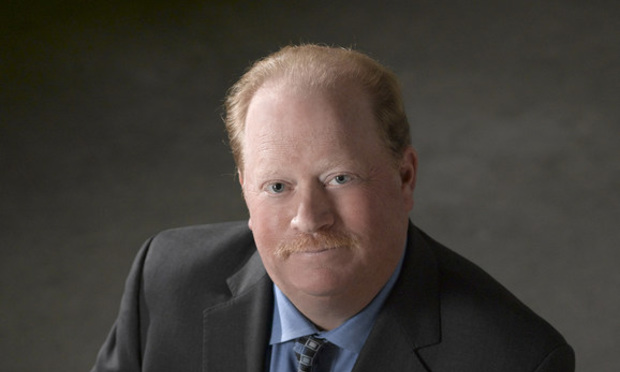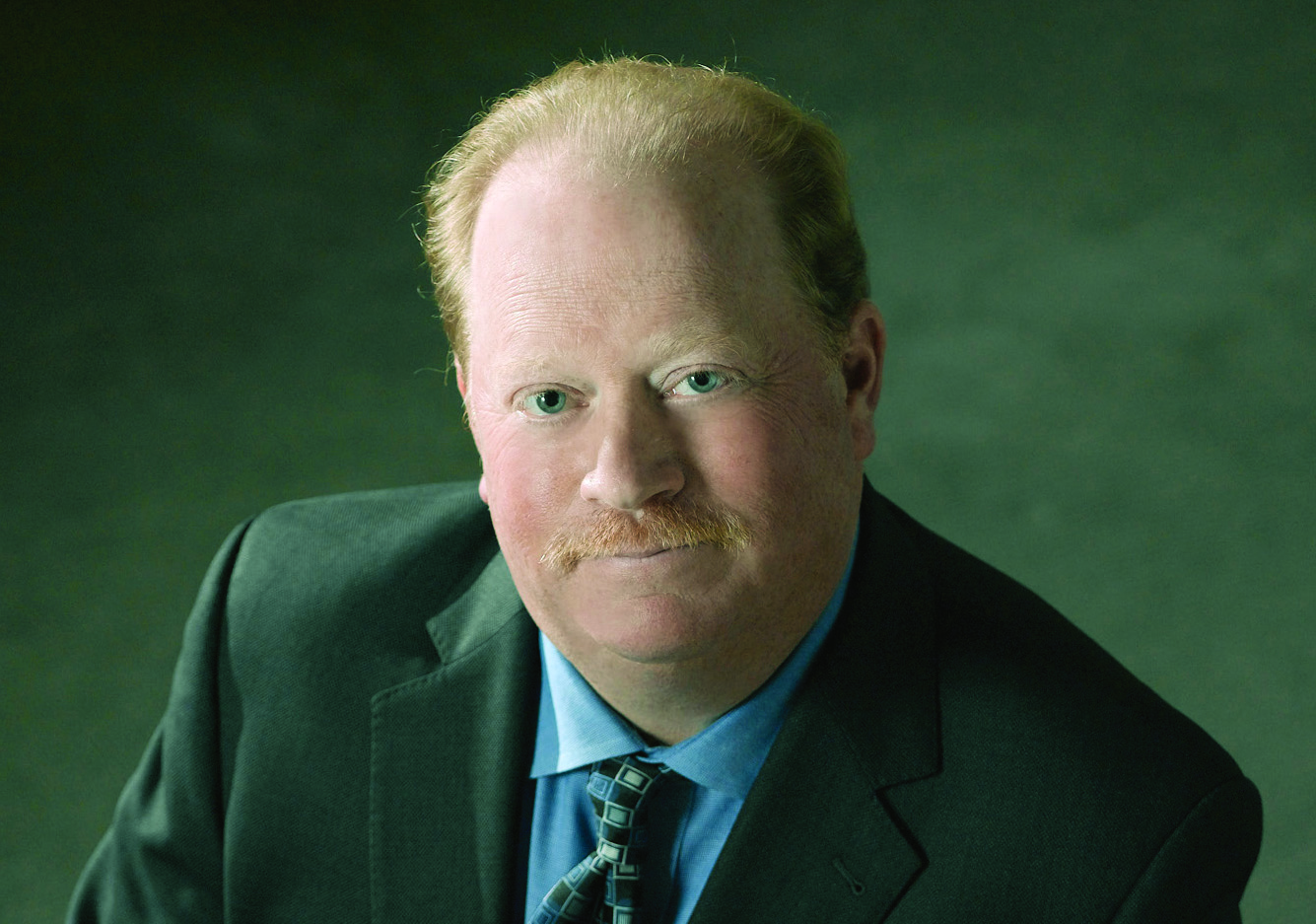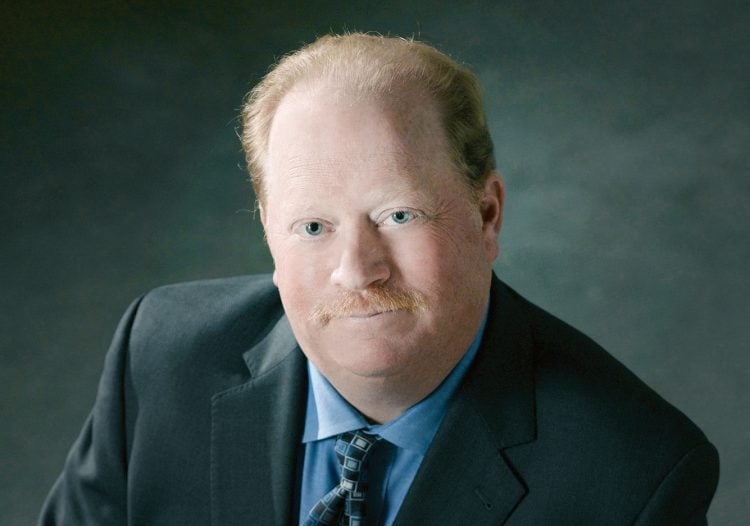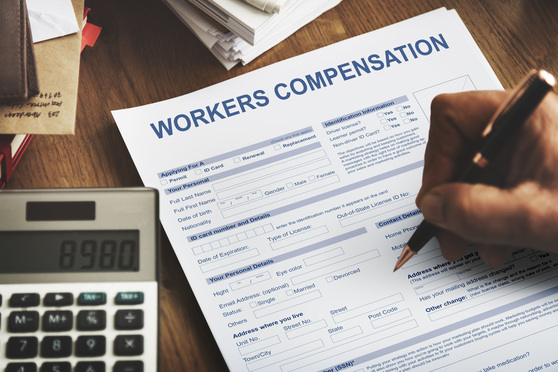Evan H Krinick

November 05, 2020 | New York Law Journal
No-Fault Insurers May Obtain Non-Party Discovery in Fraud CasesDiscovery plays an important role in an insurer's ability to successfully prosecute a 'Mallela' fraud case. In his Insurance Fraud column, Evan H. Krinick discusses the standard that insurers bringing a 'Mallela' action generally must meet to be able to obtain discovery from third parties and reviews two recent court decisions applying that standard.
By Evan H. Krinick
11 minute read

September 03, 2020 | New York Law Journal
Calculating Forfeiture Amounts to Withstand Eighth Amendment ChallengesIn his column on insurance fraud, Evan H. Krinick discusses various decisions by federal district courts in New York and the U.S. Court of Appeals for the Second Circuit have helped to explain the standard for calculating forfeiture amounts and whether they violate the Eighth Amendment,
By Evan H. Krinick
10 minute read

August 26, 2020 | New York Law Journal
Court Covers Broad Range of Topics in Insurance RulingsIn his column on Insurance Fraud, Evan Krinick notes that, as unique as the past term of the New York Court of Appeals was—taking place in the midst of the COVID-19 pandemic—there were some important similarities to prior terms.
By Evan H. Krinick
10 minute read

July 09, 2020 | New York Law Journal
Government Officials, and Insurers, in Fight Against COVID-19 FraudIn his Insurance Fraud column, Evan H. Krinick discusses fraud related to the COVID-19 pandemic relating to everything from loans under the Paycheck Protection Program (PPP) to mis-labeled and missing personal protective equipment (PPE).
By Evan H. Krinick
9 minute read

March 05, 2020 | New York Law Journal
Second Circuit Cases May Affect Insurers' Ability To Fight No-Fault FraudIn his Insurance Fraud column, Evan H. Krinick discusses two cases that have the potential to significantly affect the ability of insurance companies to fight no-fault insurance fraud in New York.
By Evan H. Krinick
10 minute read

January 02, 2020 | New York Law Journal
The Broad Reach of the Medicare Fraud Strike ForcesIn his first Insurance Fraud column of the year, Evan H. Krinick discusses recent Medicare Fraud Strike Force actions in New York and New Jersey, which reflect the broad range of activities and schemes seeking to defraud the federal insurance programs.
By Evan H. Krinick
10 minute read

October 31, 2019 | New York Law Journal
N.Y. Court of Appeals Poised To Resolve Split Over Bad Faith Suits Against InsurersThe New York Court of Appeals is set to decide an important issue of insurance law and statutory interpretation that has divided the Appellate Division Departments. In his Insurance Fraud column, Evan H. Krinick discusses 'Haar v. Nationwide Mutual Fire Ins. Co.'
By Evan H. Krinick
10 minute read

September 05, 2019 | New York Law Journal
A Tale of Two States: Fighting No-Fault Insurance Fraud Under Unfair Business Practices LawsIn his Insurance Fraud column, Evan H. Krinick discusses and compares how Florida and New York treat insurance company actions alleging no-fault fraud under their unfair business practices acts—the FDUTPA and GBL §349, respectively.
By Evan H. Krinick
10 minute read

August 16, 2019 | New York Law Journal
Court Issues Three Major Insurance Rulings, Sets the Stage for Next TermThe New York Court of Appeals decided three important insurance cases in its 2018-2019 term. The Court also began to arrange its insurance caseload for next term by accepting a certified question from the U.S. Court of Appeals for the Second Circuit and by granting leave to appeal in another case.
By Evan H. Krinick
10 minute read

July 03, 2019 | New York Law Journal
Court Boosts Insurers in Fight Against Non-Physician-Owned Medical ProvidersIn his Insurance Fraud column, Evan H. Krinick discusses new decision in which the Court of Appeals confirms that it meant what it said in a previous decision: No evidence of fraud, fraudulent intent, billing fraud, or fraud of any sort is needed to demonstrate that a health care provider is ineligible for no-fault reimbursement when it is in violation of applicable licensing rules.
By Evan H. Krinick
9 minute read
More from ALM
- Scan In Progress: Litigators Leverage AI to Screen Prospective Jurors 1 minute read
- Legal Speak at General Counsel Conference East 2024: Match Group's Katie Dugan & Herrick's Carol Goodman 1 minute read
- Legal Speak at General Counsel Conference East 2024: Eric Wall, Executive VP, Syllo 1 minute read



